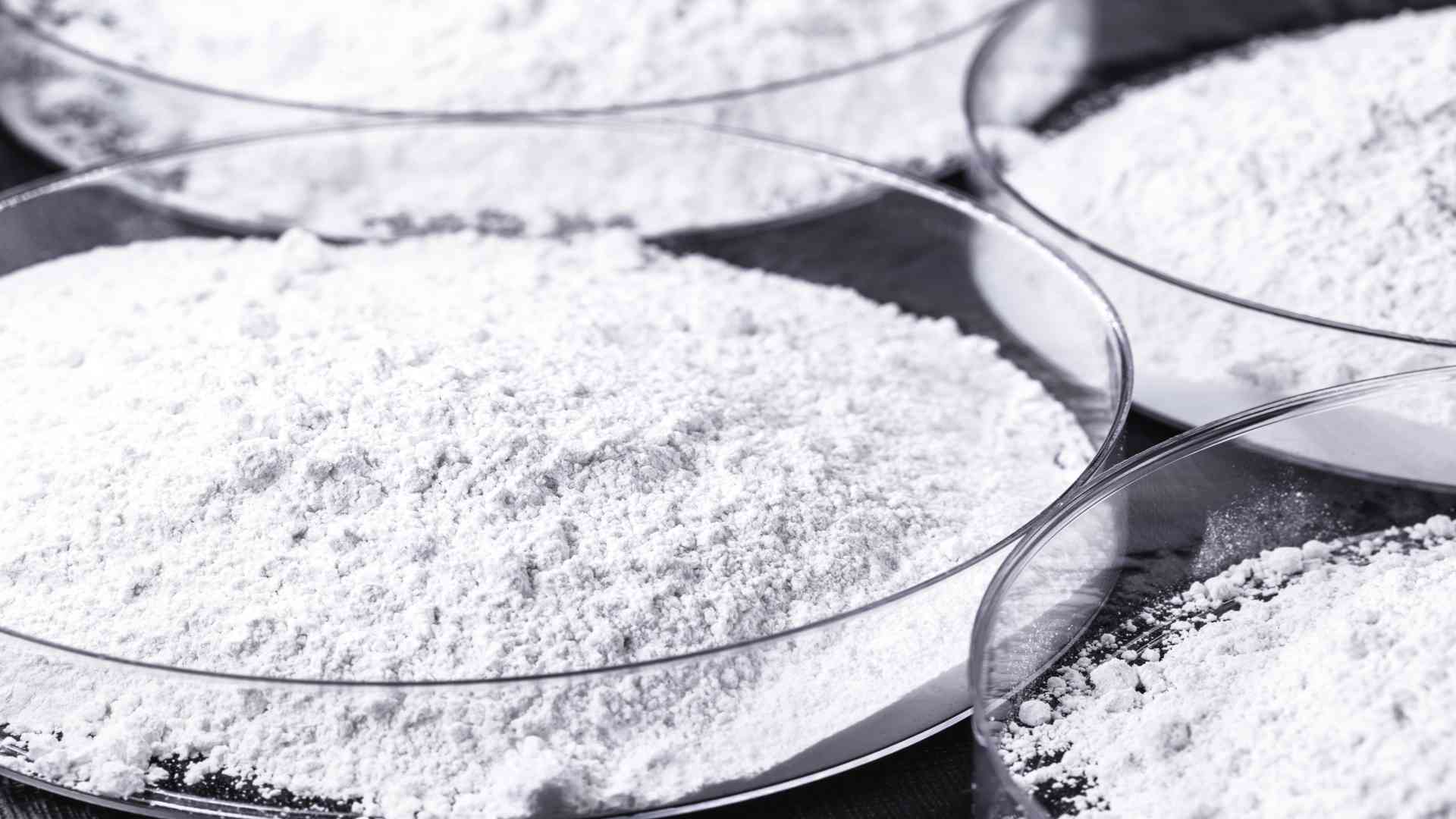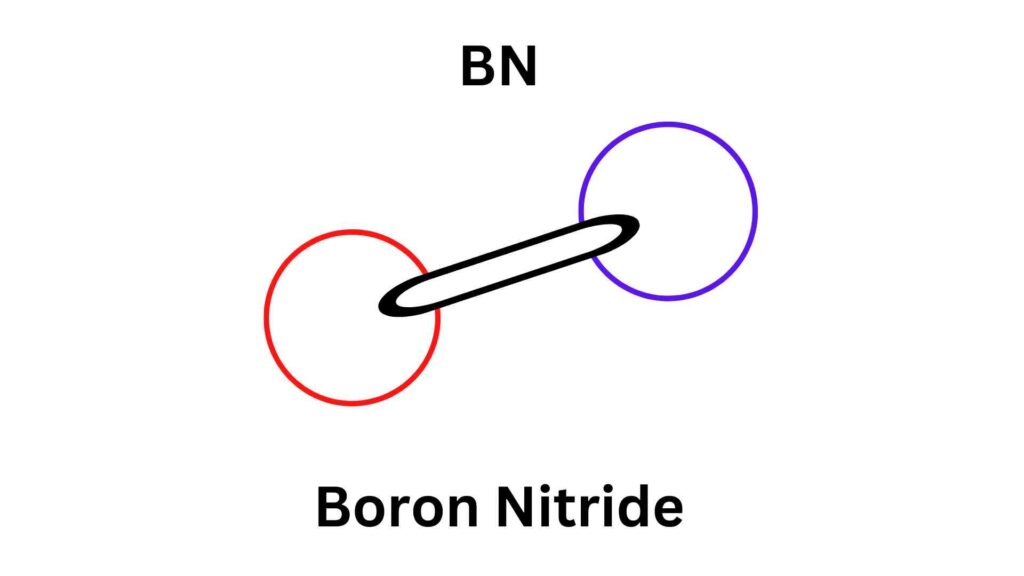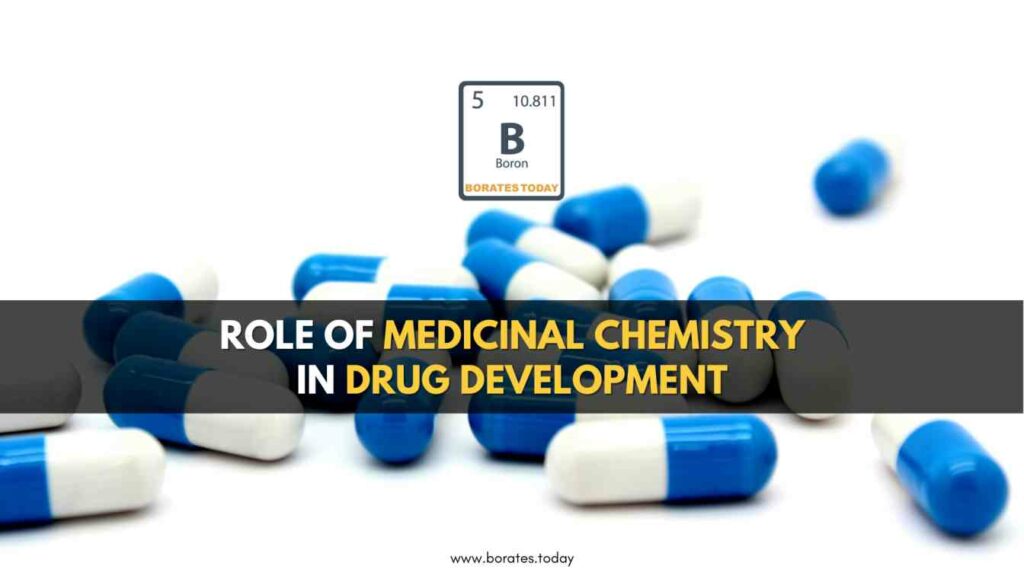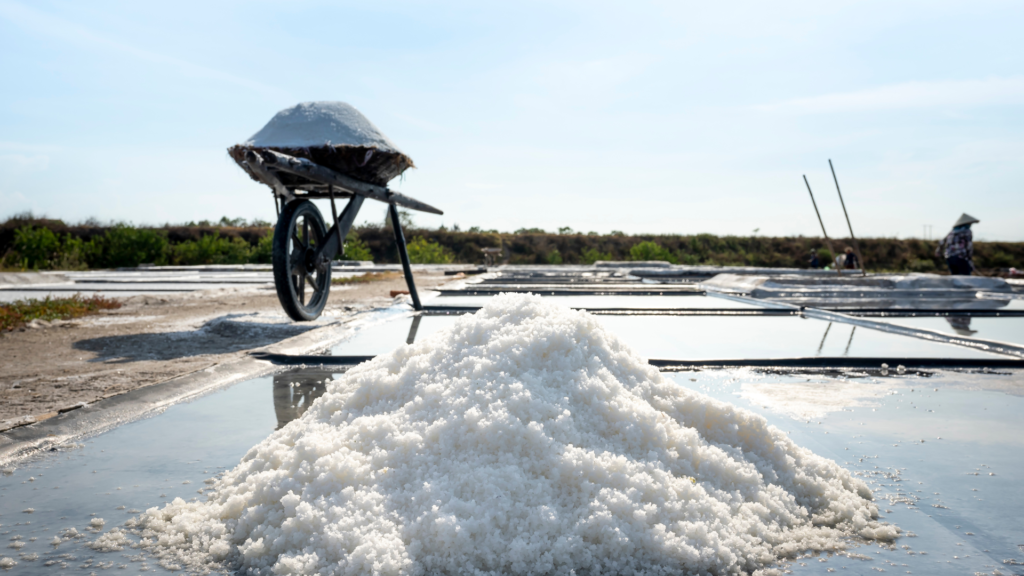Everything About Carbonates
Carbonates are one of the most important minerals common in sedimentary environments. They are defined as minerals containing an anion of carbonate (CO3(2-)) with a cation that can be any metal or amine. Carbonates are a vital part of the earth’s crust and play a role in many geological processes.

Carbonates
Carbonate
Carbonate often refers specifically to carbonate salts or minerals. Calcium carbonate (CaCO3), sodium carbonate (Na2CO3), lithium carbonate (Li2CO3), and potassium carbonate (K2CO3) are the most well-known carbonates.
Calcium Carbonate
Calcium carbonate is a salt of a weak acid and a strong base due to carbonate and calcium ions. It is found within rocks as the calcite and aragonite minerals (particularly as the main component of limestone).
It is the crucial ingredient of pearls and the shells of marine organisms, snails, and eggs. In agriculture, calcium carbonate is used as lime formed after the calcium ions interact with carbonate ions in hard water. Moreover, calcium carbonate is used in many industries, including
1. Construction:
As a raw material for concrete, cement, and mortar. It is also used as a building material and as an aggregate for pavement surfaces.
2. Steelmaking:
As a flux to avoid contaminants from molten iron.
3. Glassmaking:
As a raw ingredient in glass production.
4. Papermaking:
As a filler and coating agent in paper production.
5. Plastic manufacturing:
As a raw material in producing PVC, nylon, and other plastics.
6. Paint production:
As a white pigment and extender.
7. Food industry:
As a dietary supplement or an antacid.
Sodium Carbonate
Sodium carbonate (washing soda or soda ash) is a chemical compound with the formula Na2CO3. This white, granular powder is produced by calcinating natural trona ore. It has numerous applications, including cleaning, detergent production, and water treatment. Sodium carbonate occurs naturally in arid areas.
Glass manufacturing is one of sodium carbonate’s oldest and most important applications. When soda-lime-silica glass is combined with silica sand (silicon dioxide), it develops soda-lime-silica glass, which is widely used in windows, bottles, jars, and other containers.
Sodium carbonate is also used in laundry powders as a detergent builder. It increases the cleaning power of soap by making fats and grease water-soluble. As a pH regulator, sodium carbonate is sometimes added to swimming pools and aquarium water.
Furthermore, sodium carbonate removes both temporary and permanent hardness from water. It is also used as a functional supplement in the food industry.
Lithium Carbonate
Lithium carbonate, also known as Li2CO3, is an inorganic compound with the chemical formula Li2CO3. It is a white salt that is used in the manufacturing of metal oxides.
As a medication, it helps treat bipolar disorder and other mental disorders. Prolonged use of this medication reduces the occurence and indications of manic episodes like exaggerated feelings of well-being and emotions.
Furthermore, lithium carbonate is one of the most critical materials used in rechargeable batteries. It is an electrolyte in high demand for lithium-ion batteries due to electric vehicles.
Potassium Carbonate
Potassium Carbonate is a white carbonate salt that is water-insoluble. It is produced by treating potassium hydroxide with carbon dioxide. This reaction produces potassium bicarbonate, which can then be calcined to produce potassium carbonate.
Potassium carbonate is the main ingredient of potash, along with the more refined pearl ash, which is widely used as a flavoring agent in a quick bread. In addition to its culinary uses, potassium carbonate has several industrial applications.
It is used in producing soaps, glass, and dishwares. Potassium carbonate is also an effective fire suppressant, animal feed component, acidity controller, and buffering agent in making mead or wine.
Practical Implications of Carbonates
Carbonates are used in a variety of industries and applications. They are an essential component of cement and concrete and are also used in manufacturing glass, ceramics, and paper. Carbonates are also used as agricultural lime to neutralize soil acidity. Other uses for carbonates include the production of detergents, security inks, and water treatment chemicals.
While many think of carbonates as primarily industrial materials, they also have several essential applications in our daily lives. For example, baking soda is a carbonate commonly used in cooking. Carbonates are also found in some over-the-counter antacids and heartburn medications.
Carbonates are found in various rocks, including limestone, dolomite, and marble. They are also a significant component of coral reefs. Finally, carbonates play an essential role in our environment. They help regulate the oceans’ pH and play a role in the global carbon cycle.





